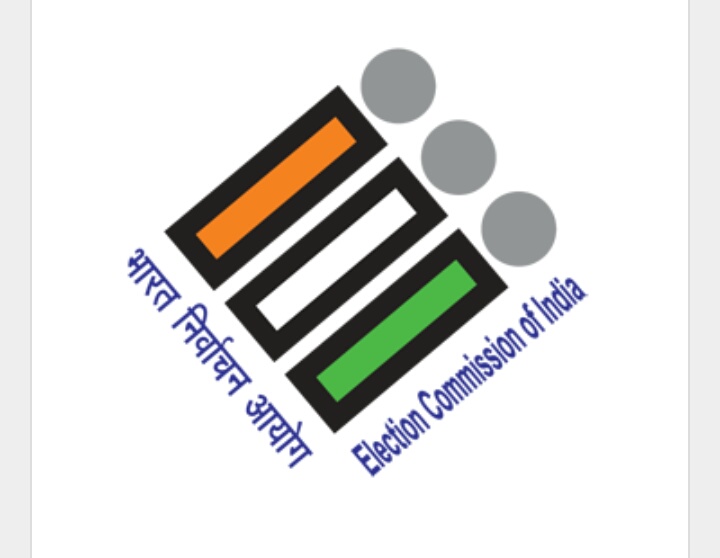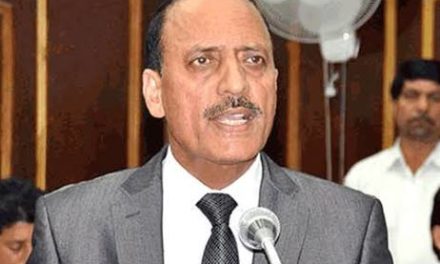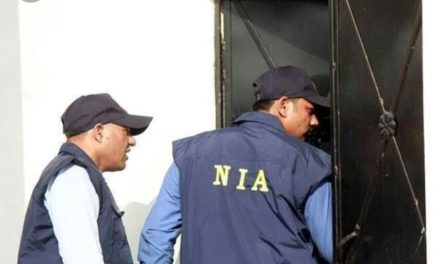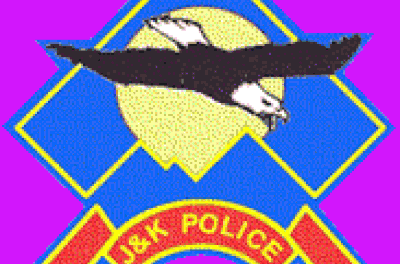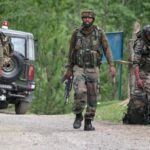![]()
KNZ NEWS DESK
There is a strong possibility that assembly elections in Jammu and Kashmir, delinked from the Lok Sabha polls, will be held in June soon after the national elections conclude, views expressed by the state administration and the home ministry indicate.
The likely schedule will also fall after the holy month of Ramzan is over and before the Amarnath Yatra begins. Also, it will be before the current spell of central rule is due to get over in July. The schedule, once finalised, will help address criticism that the state is being denied a representative government.
In view of the volatile security situation in the Kashmir valley, it has been suggested that the state polls be conducted over seven phases, exceeding the five-phase Lok Sabha poll schedule. As was previously reported by TOI, the task of providing security to assembly candidates along with Lok Sabha contenders was seen to be too demanding with current cross-LoC tensions further complicating matters.
The home ministry had, in a written communication to EC on February 26, cited opinion of the J&K government received on February 22, stating that given the significantly higher requirement of security personnel and much larger number of candidates for simultaneous Lok Sabha and assembly polls, the parliamentary elections should be held first, immediately followed by the assembly polls.
The state government also suggested that EC factor in Ramzan, tentatively timed from May 5 to June 4, and Amarnath Yatra, which starts on July 1, while finalising the poll schedule for J&K.
A June assembly poll in J&K is expected to ensure that a new assembly is voted in before July 3, when President’s rule in the state is due to expire. As per the legal opinion submitted to the J&K government and shared with EC on February 20, while the assembly poll process must be initiated within six months from dissolution of the state assembly, process of holding polls need not be completed in this period.
In its communication to the home ministry dated February 22, a copy of which was endorsed to EC, the state government cited the exact number of central para-military forces required both in event of simultaneous polls and separate elections. Since decoupled polls would reduce requirement of security personnel in J&K by 20,000, deploying them in other states meant EC could limit the number of Lok Sabha phases countrywide.
The J&K government has opposed simultaneous polls right from the outset. In a video-conference conducted by EC with J&K chief secretary and DGP on January 21, the latter recommended that Lok Sabha elections be held first followed by assembly polls in June. The state government said in a simultaneous election, an estimated 1,000 candidates would need protection. The area of campaigning would be bigger with a larger spread to be sanitised. The state officials thus recommended assembly elections in J&K in June but before July 3.
On February 18, the Union home secretary in a review meeting with EC endorsed the J&K government’s opinion favouring a June assembly poll. However, it was only on February 26 that the home ministry formally wrote to EC, backing a June state poll immediately after the Lok Sabha exercise.
The ministry further said while it was putting nearly 2.7 lakh para-military personnel at disposal of EC for holding polls across the country, J&K alone would have over 70,000 para-military forces on duty for Lok Sabha poll, which can be retained for assembly elections in the state.(TOI)

